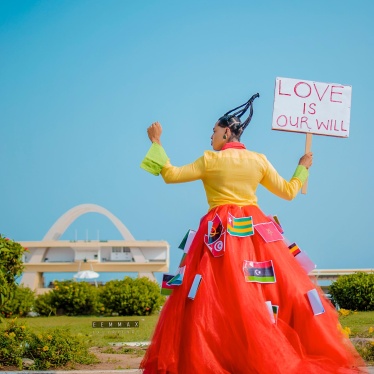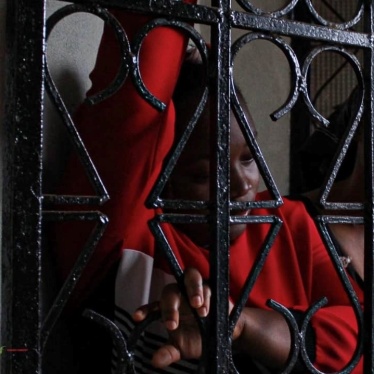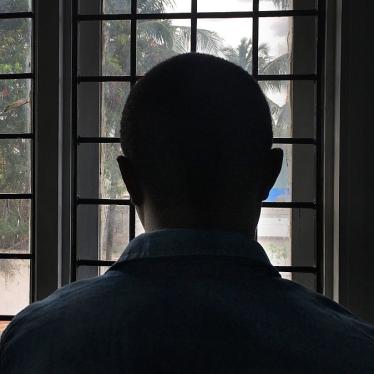Mali’s Transitional National Council passed a law on October 31 that makes homosexuality a criminal offense. The new legislation will intensify risks of stigma, discrimination, and violence against lesbian, gay, bisexual, and transgender (LGBT) people throughout the country.
The human rights record of Mali, under military rule since 2021, has significantly deteriorated since January, amidst a government crackdown on the political opposition, media, and dissent, and worsening fighting between the armed forces and Islamist armed groups.
While same-sex sexual conduct was not previously illegal in Mali, vague provisions in the penal code—such as Article 225 penalizing “public indecency”—were often used to persecute LGBT people and those with nonconforming gender expressions. Justice Minister Mamadou Kassogue, who announced the new law, previously condemned homosexuality as “unnatural” and vowed to criminalize it. The law bans the “promotion” of homosexuality, which is undefined, greatly expanding upon those subject to prosecution.
The junta has sought to justify the law as a defense of “traditional and moral values.” Yet, the immediate consequence has been a jump in arbitrary arrests and detention, and physical abuses based solely on appearance or gender expression. “We all live in constant fear, now more than ever,” one LGBT rights activist told Human Rights Watch.
The penalties for violating the new law remain unclear, adding to the uncertainty of those who might be affected by it. The law directly contravenes Mali’s obligations under international human rights law, including the African Charter on Human and Peoples’ Rights and African Union Resolution 275, which condemn violence and discrimination based on sexual orientation and gender identity. It also violates the International Covenant on Civil and Political Rights, which Mali ratified in 1974.
In a climate of pervasive anti-LGBT stigma, Mali’s authorities should immediately suspend this law. Rather than endorsing discrimination, the government should protect all its citizens, upholding constitutional and international commitments to human rights.










